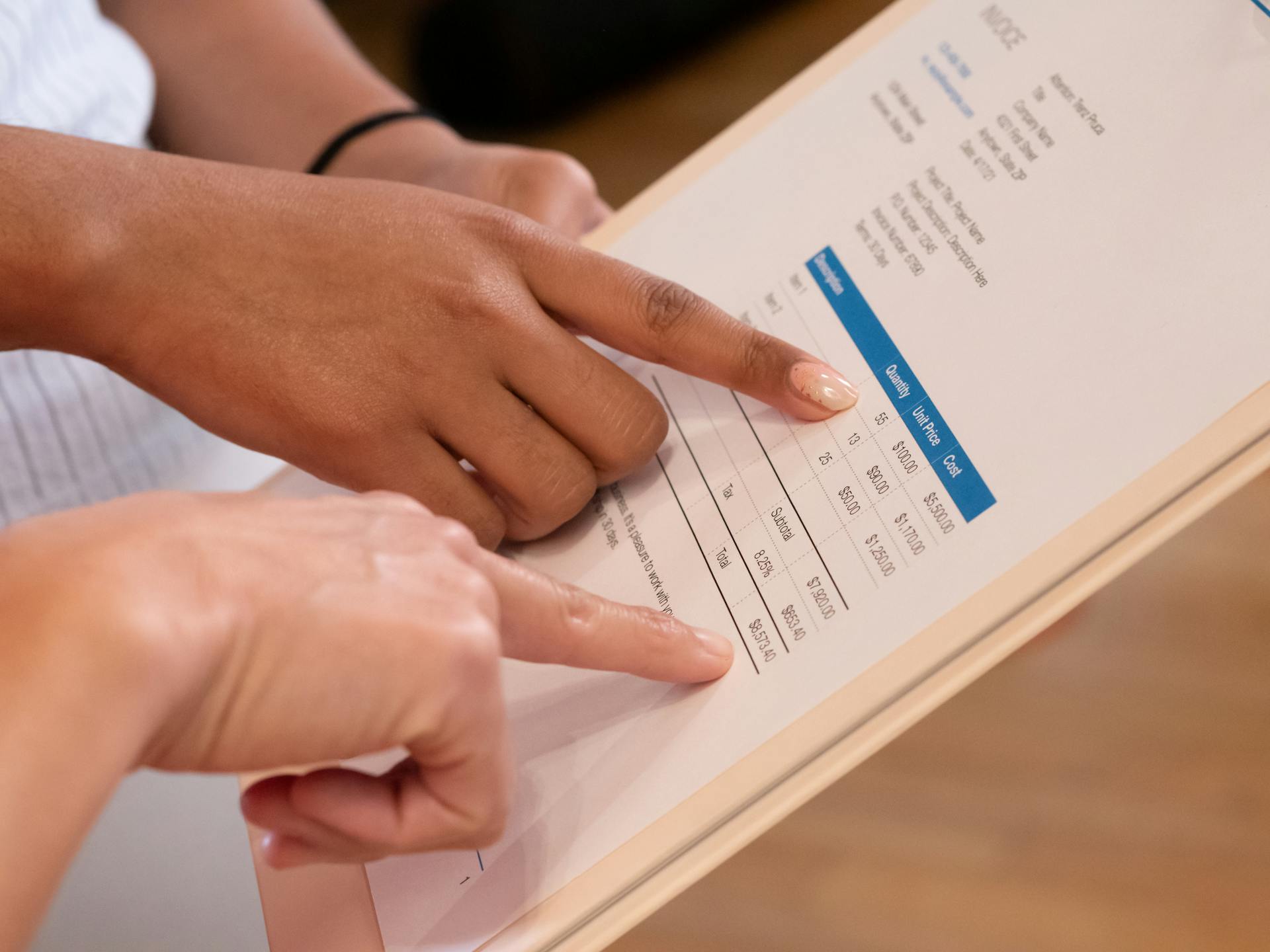Bankruptcy, all too common in Australian business, often spells long-term personal hardship.
People who go bankrupt lose many significant personal freedoms for three years and sometimes longer; you have to surrender your passport and if you win Tattslotto or if you receive an inheritance, the proceeds, by law, must go towards paying your creditors. Amendments to the Bankruptcy Law, which became operative on 1 July 1992, make it compulsory for a bankrupt to contribute 50% of after tax income above a certain amount. Income is very broadly defined and includes assessed amounts for rent, motor vehicle and other amounts paid on your behalf. The amount is calculated by reference to the Social Security Act pension rates and the number of dependants.
There are other restrictions. If you wish to move house, you must first notify the registrar in bankruptcy of your change of address. You have to account for every cent you earn or acquire and that means explaining who or what you spend it on. You will not have the use of credit cards, and in fact, it is an offence to obtains credit of more than $3,000 without advising the lender that you are a bankrupt.
Of the thousands of Australian business people who go bankrupt every year, many are unaware there is an alternative that could save them from the consequences of bearing the stigma of bankruptcy. The option most people overlook, often because it has not been spelt out to them, is an independently supervised out of court agreement with creditors under PART X OF THE BANKRUPTCY ACT.
These arrangements allow people to get on with their lives. You are free to go about living with one restriction only, that is you cannot be an officer or director of, or take part in the management of a company until the Part X is completed. Otherwise you are completely free. You can conduct a business as long as it is not a company. You can obtain credit. You can inherit money or win Tattslotto and retain the proceeds. You do not have to surrender your passport. You decide what to do with your income. Generally, you are not under any scrutiny.
This paper represents the opinions of the authors. The contents are for general information only. They are not intended as professional advice. Please contact us for your individual circumstances.
Liquidators Claims — Preferential Payments — Running Accounts
Sometimes liquidators try and “clawback” payments that have been made to creditors by entities that have either gone into liquidation or into bankruptcy as being preferential payments. These are normally repayable by the creditor to the Liquidator/Trustee. These claims can be defeated by showing that they are part of a ‘running account’.
A running account and its effect was described in the 1952 case of Richardson v Commercial Banking Co of Sydney Ltd as “… where the payment forms an integral and inseparable part of an entire transaction, its effect as a preference involves consideration of the whole transaction”. Section 588FA(3) of the Corporations Act sets out this principle:
Where: (a) a transaction is, for commercial purposes, an integral part of a continuing business relationship (for example, a running account) between a company and a creditor of the company (including such a relationship to which other persons are parties); and (b) in the course of the relationship, the level of the company’s net indebtedness to the creditor is increased and reduced from time to time as the result of a series of transactions forming part of the relationship; then: (c) subsection (1) applies in relation to all the transactions forming part of the relationship as if they together constituted a single transaction; and (d) the transaction referred to in paragraph (a) may only be taken to be an unfair preference given by the company to the creditor if, because of subsection (1) as applying because of paragraph (c) of this subsection, the single transaction referred to in the last-mentioned paragraph is taken to be such an unfair preference. The Explanatory Memorandum explains the purpose of this section as: “.. embodying in legislation the principles reflected in the cases of Queensland Bacon Pty Ltd v Rees (1967) 115 CLR 266 and Petagna Nominees Pty Ltd & Anor v AE Ledger 1 ACSR 547.
The effect of these principles is that it is implicit in the circumstances in which payments are made to reduce the outstanding balance in a running account between purchaser and supplier that there is a mutual assumption that the relationship of purchaser and supplier would continue as would the relationship of debtor and creditor.
The application of this principle has been considered in preferential payments claims against the Australian Taxation Office. The question in these cases was whether the principle of ‘subsequent advances of credit’ applied to debts that accrued due to taxation legislation, and not from sales under a debtor creditor relationship. In particular, the 1998 case of Sands & McDougall Wholesale Pty Ltd (in Liq) & Anor v The Commissioner of Taxation dealt with preferential payments made in relation to sales tax. The three judges of the Victorian Supreme Court of Appeal noted that: “The liability of a taxpayer to pay sales tax to the Commissioner does not lead either to a running account or to the situation contemplated by s588FA(3)(b), nor do [we] think one could draw the conclusion that the parties conducted their relationship on the basis that any sort of service would be provided and paid for on credit terms ordinarily applicable, leading to the mutual assumption that each payment was connected with the subsequent provision of such services (see Airservices Australia v Ferrier at 505)”. The Court noted that a tax liability was not a trading debt that fluctuated, but was a debt that automatically arose by operation of a statute upon certain events. The Court therefore said for all of those reasons that a company did not have a continuing business relationship with the Commissioner of Taxation. In particular the Court stated that a continuing business relationship did not exist because:
- no contract existed between the parties;
- the supply of goods and services were not involved;
- the payments were not made in connection with subsequent supply; and
- payments were generally for particular debts.
In this realm, the expertise of an insolvency lawyer is invaluable. They can provide comprehensive guidance on bankruptcy alternatives. Should you have any queries, please do not hesitate to contact us.



